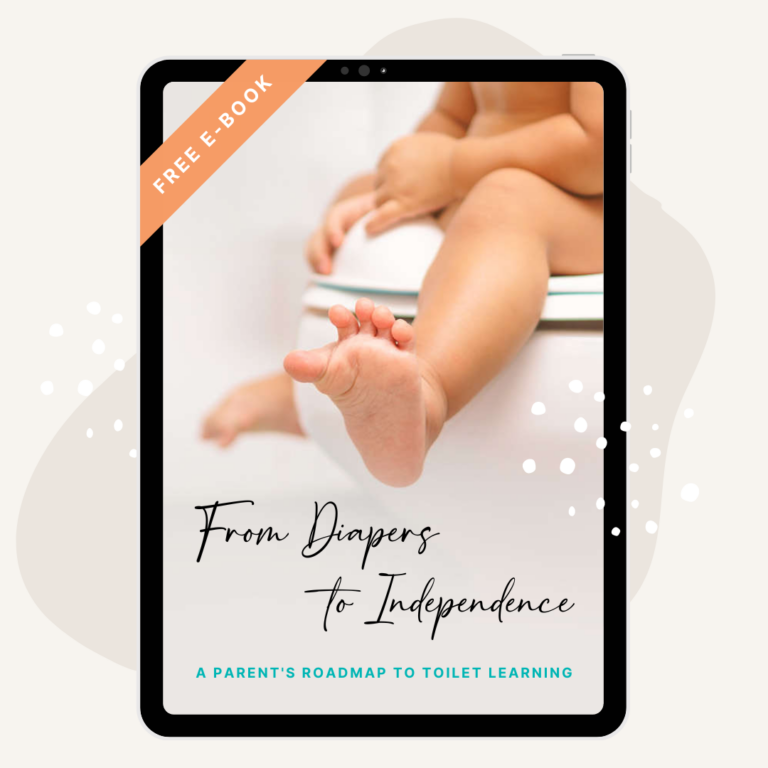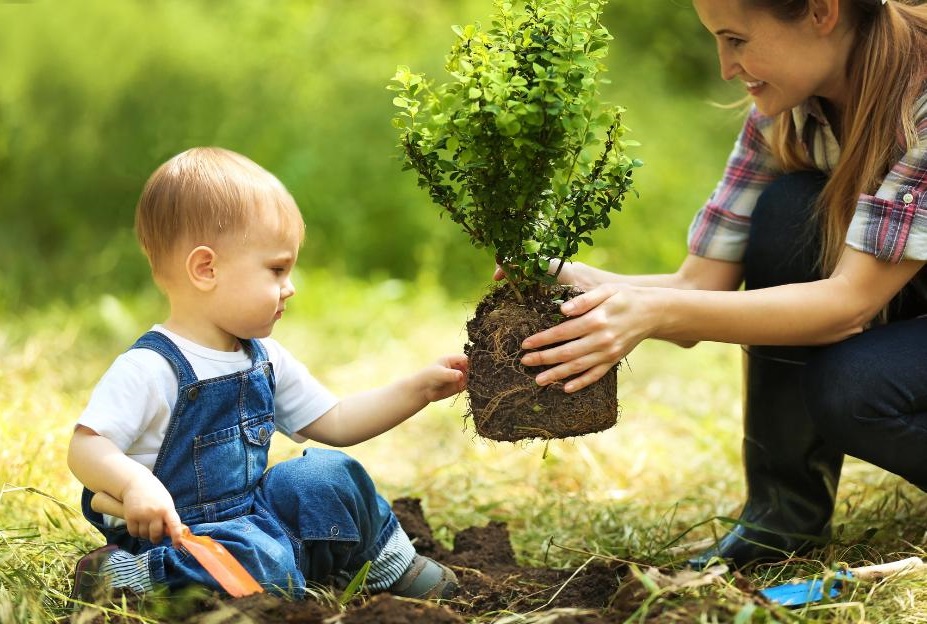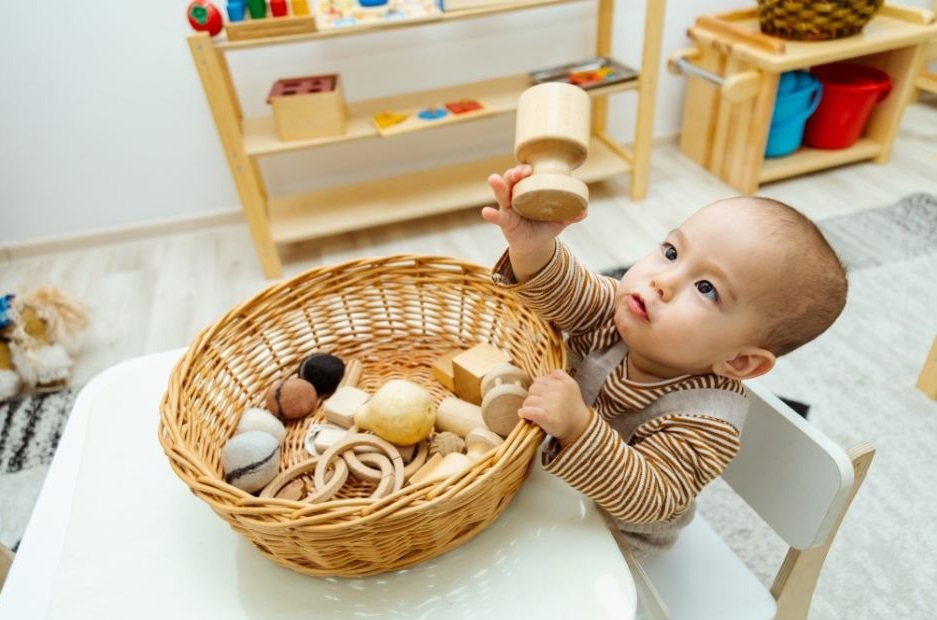“The child has a different relation to his environment from ours… the child absorbs it. The things he sees are not just remembered; they form part of his soul. ” – Maria Montessori, The Absorbent Mind
So often, the times that can best serve for emotional bonding and interaction between parent and child are those that are rushed through. They are often viewed as mundane, everyday tasks, and sometimes, even unpleasant chores. However, these times that may be stress-inducing or seem “meaningless” can easily be transformed into intimate bonding experiences and often provide the most meaningful opportunities for a child to absorb his surroundings and understand his environment. During the infancy stage of development, these personal care experiences should be focused on the child’s awareness of their surroundings and bringing consciousness to their being. These daily interactions are the ones your child will absorb and utilize in their formation of self.
“There is in the child a special kind of sensitivity which leads him to absorb everything about him, and it is this work of observing and absorbing that alone enables him to adapt himself to life.” – Maria Montessori, The Absorbent Mind

In order to bring awareness and consciousness to these experiences, it is imperative that you remain truly present. When you change your child’s diapers, bathe, dress or feed your infant, you should meaningfully engage with them – talk to them, smile at them, caress them, and communicate with them nonverbally using affectionate glances and eye contact. To do so fully, it is helpful to make preparations for the activity before engaging your child. This allows you to give your full attention to your child, encouraging them to be present and enjoy the time with you as well.
Here are some simple steps to help guide you in preparing for these moments:
- Gather any needed materials prior to beginning the activity with your child. For bathing, have the soap, wash cloth, towel, and clothing near the sink or tub and have the water started; for diapering, have the diapers, wipes, creams, etc. within reach at the changing table; for feeding, prepare the food and have it ready in the serving container. Of course, as your child ages and becomes interested in participating in these activities, you can have them assist in gathering the materials and preparing the food to prolong these bonding experiences.
- Observe your child. If they are actively engaged in another activity, do not interrupt. Just because you are ready to begin the personal care activity, does not necessarily mean they are. Watch them carefully and wait for them to be in a transition time before beginning the interaction.
- Begin the interaction by telling your child what you are about to do. Use simple language that they can begin to understand over time. For example, when it is time for a diaper change, just say, “It’s time to change your diaper,” or if it is their bath time, say, “It is time for you to take a bath.”
- Talk with your child about everything that is happening and show them the steps involved. This allows them to watch and listen so they can become an active part of the experience. It is important to take a moment to pause after each thing you tell your child you are doing to allow them time to process what you’ve said and cooperate with your efforts. Although your child will not understand your words when they are very young, they will begin to recognize your tone of voice and body language over time. This will help lay the foundation for meaningful two-way communications, and eventually, conversations.

Given the opportunity during these personal care activities, your child will engage by making eye contact, studying your face, making vocalizations, initiating play, and following your actions. Participating in this reciprocal engagement with your child will help make for a delightful experience for you both.
It is important to remember that it will not take long for your child to become independent enough to accomplish these seemingly mundane tasks on their own, so take the time to enjoy each and every one of these special experiences with them. Relishing these intimate moments with your child will not only deepen your relationship with them during their formative years, but will also help to establish a foundation for meaningful connection for years to come.
Shift from frustration and challenges to opportunities for growth and confidence in your child’s toilet learning journey thanks to our Parent’s Roadmap to Toilet Learning the Montessori way.





